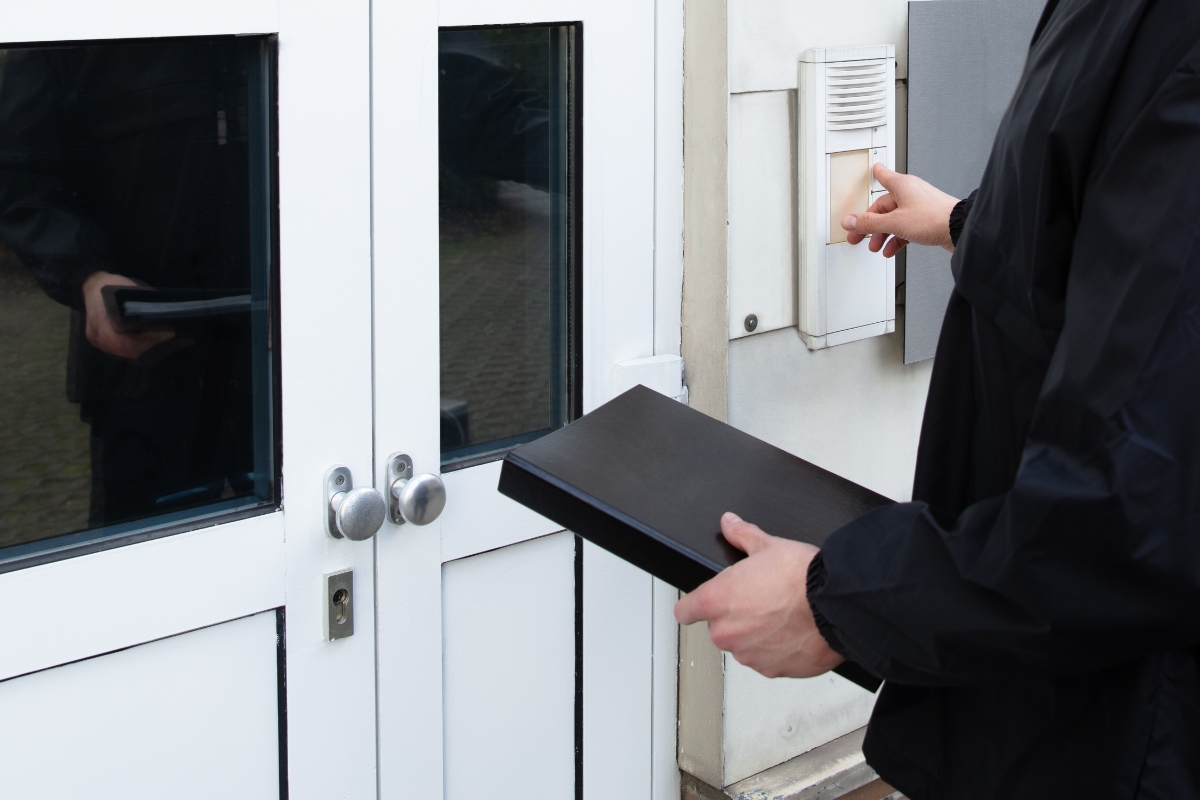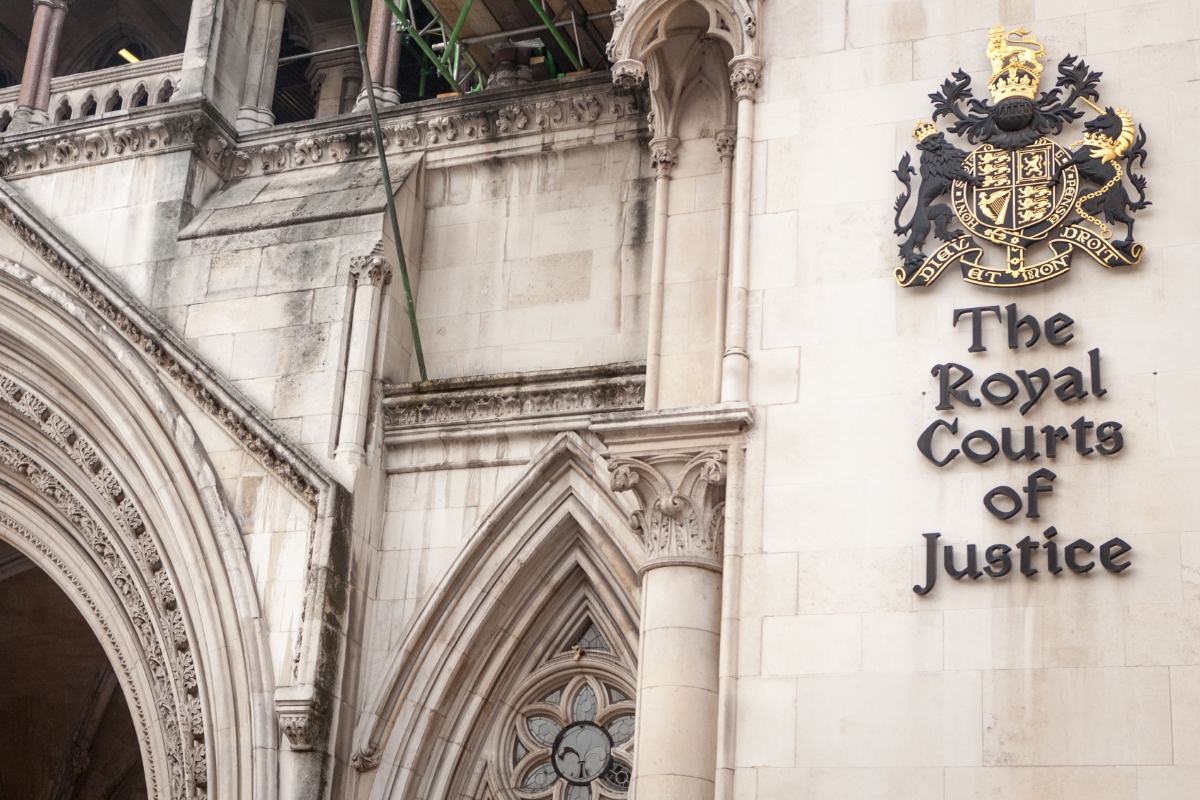Possession Proceedings
- About Us
Navigating Residential Possession: Your Comprehensive Legal Service
At some point in the life of a landlord, the need to regain possession of your residential property from may arise. This process can be intricate and daunting due to the ever increasing regulatory requirements of letting residential property, but with our expert legal service, we’re here to guide you every step of the way. In this extensive guide, we’ll walk you through the process of obtaining possession, covering various scenarios, the legal framework, and the steps involved.
- Our Services
What areas do
we cover?

Determining the Grounds for Possession
The first crucial step in this process is to determine the grounds for possession that apply to your specific case. We offer two main avenues for you to consider:
No-Fault Process (Section 21 Notice): If you wish to regain possession without specific grounds, we can help you serve a Section 21 notice. This is often referred to as a “no-fault” eviction.
Grounds for Possession (Section 8 Notice): If your tenant is in rent arrears or has breached the terms of the tenancy agreement, we can serve a Section 8 notice. However, lesser-known grounds for possession can include situations where a landlord intends to demolish or reconstruct a substantial part of the property, carry out substantial works, or if a tenant lacks the right to rent due to their immigration status.

Assessing Your Prospects
Before proceeding with the service of a notice for possession, we will assess your prospects of succeeding. We’ll also consider the impact of key legislation, including the Deregulation Act 2015, the Housing Act 2004, and the Tenant Fees Act 2019, to ensure your case is well-prepared for success.
A lot of time and expense can be avoided by instructing experts in this initial step before Court proceedings are initiated.

Serving the Notice
Once we’ve determined the most appropriate route for your case, we’ll prepare the relevant notice and serve it in accordance with the terms of the tenancy agreement. We understand that service can be a concern in some cases, such as when post goes to a communal area in a building. In such instances, we can arrange for hand delivery by a process server or even send the notice to you for
personal delivery. We are experienced in all manner of defences to these claims and will apply that knowledge in avoiding the typical last ditch defences that are common for these claims.

Important Notice Expiry Dates
A Section 21 notice typically provides two months notice for the tenant to vacate after service (unless we advise otherwise), while the expiry date for a Section 8 notice depends on the ground relied upon.
In each case there are dates by which you must act upon the notice by issuing proceedings or otherwise need to serve a fresh notice.

Initiating Legal Proceedings
If the tenant fails to leave by the expiry date within the s.21 notice, we will initiate legal proceedings to regain possession. There is a court issue fee of £355 to be paid at this stage. The process for no-fault grounds, following the expiry of a Section 21 notice, involves the Court issuing the claim and giving the tenant 14 days to file a defence. After this, we can request the Court to order possession.
In many cases, these types of claims can be handled on paper, meaning a Judge reviews the documents without ordering a hearing unless the tenant raises a defence or a counterclaim.
For cases based on specific grounds for possession, the Court will schedule a hearing to take place no later than 8 weeks after the claim is issued. You or your agent will need to attend this hearing, and we will ensure you have proper representation by either a member of our team or a barrister.

Possession Orders and Tenant's Rights
Once a Judge orders possession, the usual order will require the tenant to vacate the property within 14 days. However, it’s important to note that a tenant can ask the Court to postpone the eviction date by up to 6 weeks if they can demonstrate that they would suffer exceptional hardship by leaving within the standard 14 days.
There may be a separate hearing to discuss the postponement of possession, which we’ll handle on your behalf but you should be aware of the potential for additional costs if these additional hearings are ordered by the Court.

Recovering Arrears and Applying for a Warrant
In cases where possession is sought based on rent arrears, the Judge can also order a County Court Judgment for the outstanding rent.
If the tenant fails to vacate the property by the date specified in the possession order, we can apply for a warrant. County Court Bailiffs will then be authorised to evict the tenant and we will advise you to be present at the eviction with a locksmith on hand.

Considering High Court Possession
We will also advise you on the merits of applying for a writ of possession in the High Court, which can be a quicker route to possession. In this case, the Court will set an eviction appointment, and either you or your agent will need to attend. It’s also your responsibility to arrange for a locksmith to be present during the eviction.

Post-Possession Assistance
Once you’ve successfully regained possession of your property, our service doesn’t end there. We can provide guidance on how to enforce any money judgment, recover the deposit from a tenancy deposit scheme, or pursue the tenant for any breaches of the tenancy agreement identified after the tenant has vacated.
Navigating the legal complexities of obtaining possession of residential premises from assured short hold tenants can be challenging, but with our expertise and guidance, you can navigate this process with confidence. Reach out to our team today to discuss your specific case and let us assist you in achieving a successful outcome.
FAQs:
We will be able to advise you depending on the type of tenancy or agreement you have and whether it is still in the fixed term or periodic. We have experience serving notices to quit and advising on forfeiture and surrender.
No. A landlord cannot serve a section 21 notice if a deposit is not held in an authorised scheme. Protecting a deposit late will not remedy this breach of the deposit rules.
No. If we use the accelerated possession procedure, then you will only be able to claim for possession.
The Court of Appeal has confirmed a landlord is not required to do so. A section 21 notice will be valid even if those statutory documents have not been provided to a tenant where the tenancy agreement pre-dates 1 October 2015. The Secretary of State does have the power to extend the scope of the legislation although as of October 2023 it has not done so.
Yes. There is a prescribed form of notice, and it must be used for all assured shorthold tenancies of properties in England.
Yes. As part of the proceedings, we will prepare a witness statement from the person that has the most contact with the tenant. This could be you or an agent.
Yes. We are able to advise you on gaining possession of commercial premises and we have experience advising on forfeiture of a lease as well as 1954 Act renewals.
- Where are we?
Commercial Property Solicitors in Brighton, Chichester, Eastbourne & Worthing
As a firm based in in East and West Sussex, Bate & Albon are specialists in our local property landscape. We make it a priority that you and both parties receive full clarity and premium service when it comes to business premises and commercial property. Our highly professional team of legal experts ensure that you and your property are in safe hands.
Looking for a solicitor to help you with your property? Contact Carl Bate to see how we can help you with your matter.
